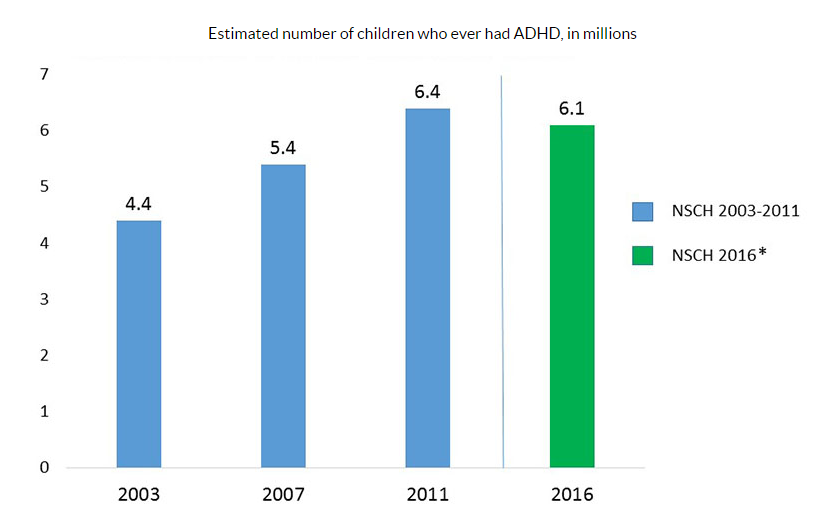Teen sexting is a recent phenomenon that includes sending or receiving sexually suggestive photos and texts between adolescents via social media. While exchanging sexual imagery is thousands of years old, the development of modern technology allows teens to create and exchange sexual images of themselves and others more frequently and faster than ever. So many teens have access to social media and electronic devices that it’s no wonder that parents, therapists and law enforcement officials have noticed a huge increase in sexting and are all too aware of teen sexting and its consequences.
Sexting can have dangerous consequences for teens so if your teenager is sexting with friends or strangers, it’s time to get professional help. Some studies estimate that nearly 30 percent of all teens have sent or received some kind of sexually explicit material. When you contact Help Your Teen Now, you will receive guidance on the types of professional organizations that can best help out in curbing the behavior and teaching your teen about appropriate behaviors.
So why do teens participate in sexting? Teens are naturally curious about sex and sexuality, and it’s important for them to develop healthy boundaries as well as positive attitudes toward sex. There are several reasons why teens may choose to participate in sexting–peer pressure, curiosity, giving into a crush, and because it is arousing to see others in the nude. Sexting can meet the needs of teens who may be seeking attention, craving love and acceptance or simply don’t think of the long-term consequences.
So what are the consequences for teens who sext? The first consequence is the emotional side effects that teens suffer. Sexting can often lead to embarrassment if the photos are forwarded to more people than just the recipient. Bullying and harassment are other common issues, as is poor self-esteem due to judgement and teasing from peers. A teen’s reputation can also suffer, whether from peers today or at a job interview several years in the future. Sexting photos can stick around for a long time on the internet and social media, coming back to haunt a teen who made the mistakes years earlier. Sexting can also create plenty of guilt, shame and fear of getting caught, opening the door for other behavioral issues.
Legally, teens can get into real trouble with sexting, as more and more states are passing laws that punish those who are caught. While some offences are misdemeanors, many are considered felonies and come with more serious consequences, even if the participating teens are consenting. Some states are looking at laws to include parents in the charges as those with the ultimate responsibility for a teen’s electronic devices. It’s just a matter of time before nearly every state has laws to regulate sexually explicit messages and images sent over social media, especially when adolescents are creating and sharing them.
It’s never too early to start talking to your teens about healthy sexual behaviors and warning them about the dangers of sexting. Help Your Teen Now can provide parents like you with the tools you need to get your teen the help they need to get their lives back on track. While it’s important for parents to spend time talking with their teens about sex and sexting, if a teen has strayed too far and their behavior is becoming sexually deviant, it’s time for professional assistance. Help Your Teen Now will work with you to find the best facilities to help your teen and you can get peace of mind knowing you’ve done everything you can for your child.











0 Comments